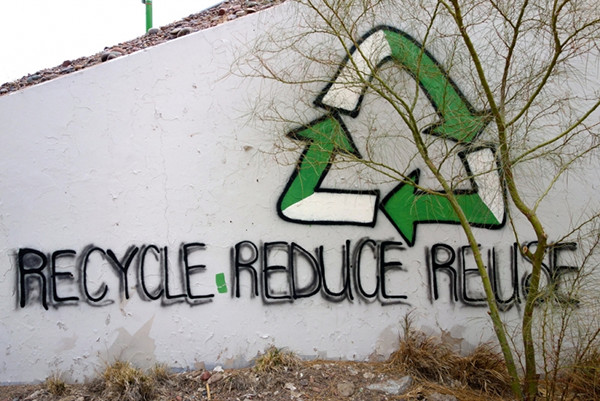The UK has scrapped the idea of Europe setting new targets for recycling regardless of the warnings from the EU’s environment commissioner that the measures won’t be up for negotiation.
Targets for household waste recycling are expected to be discussed in an upcoming EU ‘circular economy’ package despite the UK believing that any new targets should be put on hold.
The UK reportedly would like a greater emphasis on other measures like voluntary agreements with industry and incentives to reward positive behavioural changes. Per year the UK scraps seven million tonnes of food, with several millions more tonnes of electrical goods scrapped. On average two million TV’s are thrown out per year made up of 50% glass and 6% metal, both of which could be recycled.
Are the Governments points valid or by opposing targets to cut waste and increase recycling are they encouraging a continuation in the ‘throw away society’ and ultimately stunting green investment?
MEP’s will have voted on the issue of binding waste, food waste and resource efficiency targets at a plenary session last Thursday. At the end of last year the commission previewed a group of proposed objectives for 2030 for review. Originally the proposition featured phasing out landfill waste dumping and a 30% decrease in food waste all by 2025.
The aim is that by 2030 recycling targets will be 70% for municipal waste, 80% for wood, 90% for paper, 60% for plastics and 90% for metal, aluminium and glass. According the stats released by the Department for Environment, Food and Rural Affairs, England recycled 44.2% of its household waste in 2013 only up 0.1 from the previous year.
EU law requires all states recycle half of all household waste per year. All EU members are improving their waste disposal at different speeds with countries such as Romania dumping 99% of waste disposal and other eastern and southern countries also performing badly.
There is a call to identify the states that are failing to achieve targets already and highlight to reasons why. It is hoped that channelling more funds will help them reach the targets. This all comes as a move towards a circular economy meaning halving carbon emissions, create £1.3tn in net benefits and increase in house hold income.
More information on the circular economy is set to surface in the upcoming few weeks.
